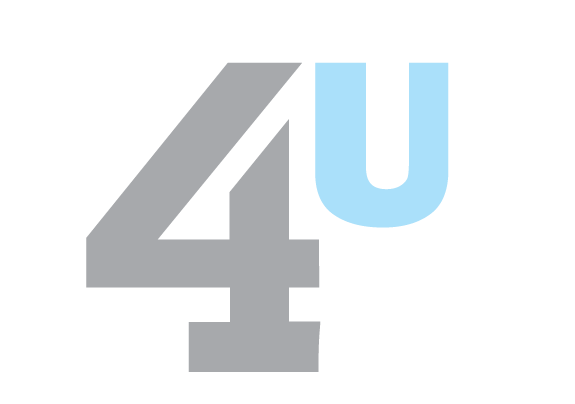
Powers of Attorney
We all prefer to make our own decisions, but there may be times when this is not possible (e.g. you have a serious illness, suffer an injury or are overseas). Completing powers of attorney (and appointments of decision maker) enable your attorney (decision maker) to step in at these times and make legally binding decisions on your behalf.
These decisions can be about specific matters or your well-being in general and can include the signing of documents.
There are three types:
Financial Attorneys – they will make financial decisions (e.g. manage your bank accounts, pay your bills). Because they can sell your assets, you may prefer to make a general instead of an enduring Power of Attorney. A general Power of Attorney is revoked if you lose mental capacity whereas an enduring Power of Attorney continues to operate even if you lose capacity.
Personal Attorneys – they will make personal decisions for you (e.g. where you live).
Medical Treatment decision makers – they will make decisions about your medical treatment when you are not able to make these decisions for yourself.
It is important that you choose someone you trust, who understands what is important to you and how you want to live your life. It should be someone who will put your interests first. This could be your spouse, a sibling, an adult child, or a close friend.
Mor4U Legal will assist you write your Powers of Attorney when preparing your Will with us.
Note: Each Australian State and Territory has a different set of requirements regarding the appointment of an attorney/ decision maker including strict rules to follow if you want to change your attorney or revoke their powers.
Mor4U has the local knowledge and skills to ensure your Power of Attorney or appointment of decision maker is valid in your State or Territory.
What happens if you don't make an enduring Power of Attorney or Medical Appointment?
If you don’t appoint anyone and are unable to make a decision when it needs to be made, the courts can appoint someone (e.g the Public Advocate or a trustee company) to make the decision for you. This person may not know your wishes and there may be a charge to your estate for their services.
Contact us for more information.

